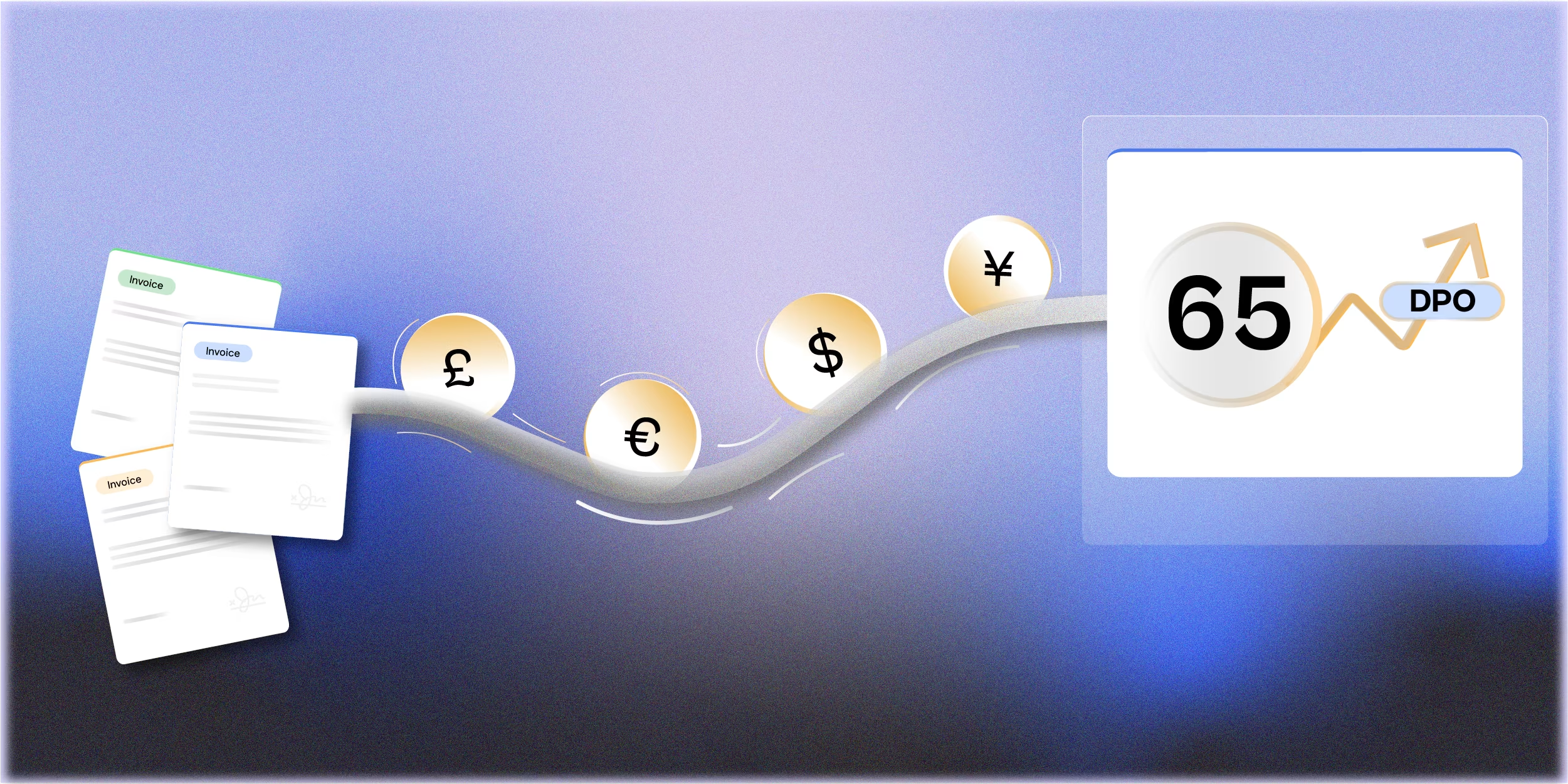In this article, we will explore what virtual cards are, how they differ from physical cards, and their advantages and disadvantages. We will also discuss the security benefits of virtual cards and how they can enhance your financial operations
What is a Virtual Card?
A virtual corporate card is a digital card that comes with a unique, one-time-use number, different from your physical card number. This feature adds an extra layer of security against fraud and scams during online transactions since merchants never gain access to your actual card details. Additionally, you have full control over the card—you can lock, freeze, or delete it at any time.
Virtual cards offer flexibility in setting spending limits and usage rules, allowing you to specify where they can be used. However, they’re not suitable for all types of purchases; they are primarily designed for online transactions or at select physical stores that accept contactless payments.
How safe are Virtual Cards compared to Physical Cards?
Virtual cards offer an extra layer of security compared to physical cards because they protect your actual card information, making them safer in several ways. For example, virtual cards can be restricted to specific merchants and have set spending limits. They can also be issued for single use, automatically deactivating after the first transaction, providing greater protection against fraud than a regular credit or debit card.
Unlike physical cards, virtual cards can’t be stolen or lost. If your physical card is stolen, you could be exposed to fraud, but virtual cards stay secure, keeping you safe from such risks. Additionally, virtual cards must comply with the Payment Card Industry Data Security Standard (PCI DSS), which includes regulations designed to protect transactions and prevent misuse of cardholder information.
Advantages and Disadvantages of Virtual Cards
Virtual corporate cards offer many advantages, but they come with a few drawbacks. Here’s a look at the pros and cons:
Pros:
- Enhanced Security: Virtual cards offer an extra layer of protection for your actual card details, particularly during online transactions, making them more secure than physical cards.
- Flexibility: You can easily customize spending limits, designate specific vendors, and set spending limits on your digital cards.
- Convenience: Virtual cards are generated instantly and can be used immediately for transactions and vendor payments.
Cons:
- Usage Limitations: Not all stores accept contactless payments, so the use of these cards in physical locations may be limited.
- Refund Complications: Some merchants may only process refunds to the original payment method, which could be problematic if the virtual card number you used is now inactive.
How good are Traditional Bank-Issued Cards?
Cards offered by traditional banks aren’t for everyone. They come with limitations and are typically designed for large enterprises with substantial annual revenue, often accompanied by a set of stringent requirements.
Even if a business manages to obtain a corporate card from their bank, there are significant limitations-
- Delays: Obtaining a corporate card from a bank can be a lengthy process, often taking several days or even weeks, with multiple visits to the bank branch required.
- Lack of Control: Traditional bank-issued cards offer limited flexibility. Cardholders can’t easily freeze, cancel, or pause transactions instantly when needed. Additionally, setting and adjusting spending limits—whether daily, monthly, yearly, or even one-time—can be cumbersome and slow. Overall, users have very little control over how these cards are managed, even after they obtain one.
- Issuing Fees & Annual Fees: Banks typically charge an issuing fee for their cards, and businesses often incur annual fees as well, depending on the card they choose. These fees add to the financial burden of managing corporate cards.
Dealing with banks can be cumbersome, and managing corporate cards is no exception. Banks haven't kept pace with the evolving needs of businesses when it comes to corporate cards.
Issue Unlimited Virtual Cards with Finofo
At Finofo, we offer virtual corporate cards that are as flexible as you need them to be, giving you complete control over your spending without any of the usual limitations. These cards aren’t just for domestic use—Finofo’s virtual cards can be used for global transactions. You can issue as many cards as you need, instantly, with each card directly tied to your global accounts, allowing you to spend in multiple currencies without worrying about FX fees or conversion costs.
What’s great about Finofo cards is that you’re in the driver’s seat. You set the spending limits—daily, monthly, yearly, or even for a single purchase. You can also freeze, cancel, or adjust those limits whenever you need to, instantly. This kind of control means you can manage your company’s finances exactly how you want, without waiting on anyone else.
And here’s the best part: there are no issuing fees, no annual fees, and you earn unlimited cashback on every transaction.
You can learn more about how Finofo’s corporate cards works here!


.png)




